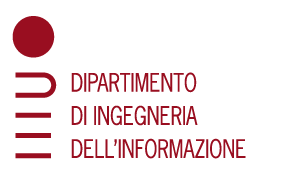Submitted by admin on
Short bio: Dr. Francis J. Doyle III holds the Duncan and Suzanne Mellichamp Chair in Process Control in the Department of Chemical Engineering at UCSB. He received his B.S.E. from Princeton, C.P.G.S. from Cambridge, and Ph.D. from Caltech. He is the recipient of numerous awards including the Computing in Chemical Engineering Award from the AIChE and has been named a Fellow of the IEEE.
Abstract: A property of particular interest in systems biology is the robustness of a biophysical network: the ability to maintain some target level of behavior or performance in the presence of uncertainty and/or perturbations. In biological systems, these disturbances can be environmental (heat, pH, etc.) or intrinsic to the organism (changes in kinetic parameters arising from molecular fluctuations). While preliminary results are available for simple (low-dimensional, deterministic) biological systems, general tools for analyzing these tradeoffs are the subject of active research. Tools from systems theory are introduced that elucidate design principles in these complex architectures through the analysis of robust and fragile regions of the network. Analysis of the performance properties of circadian gene networks in Arabidopsis, Drosophila, and Mouse reveals the design principles that emerge from these richly layered and hierarchical regulatory circuits. We highlight some recent results that analyze robustness properties at the tissue level, where intercellular coupling appears to be responsible for the generation of robust rhythms in the face of noise and other uncertainties. In the absence of intercellular signaling, the individual (cellular) oscillators lose these properties of robust performance. Finally, we will show that these insights (robustness and performance analysis) can be applied to the design of 'forcing' or control protocols that allow for rapid re-entrainment of the clock.
Presentation: PDF






